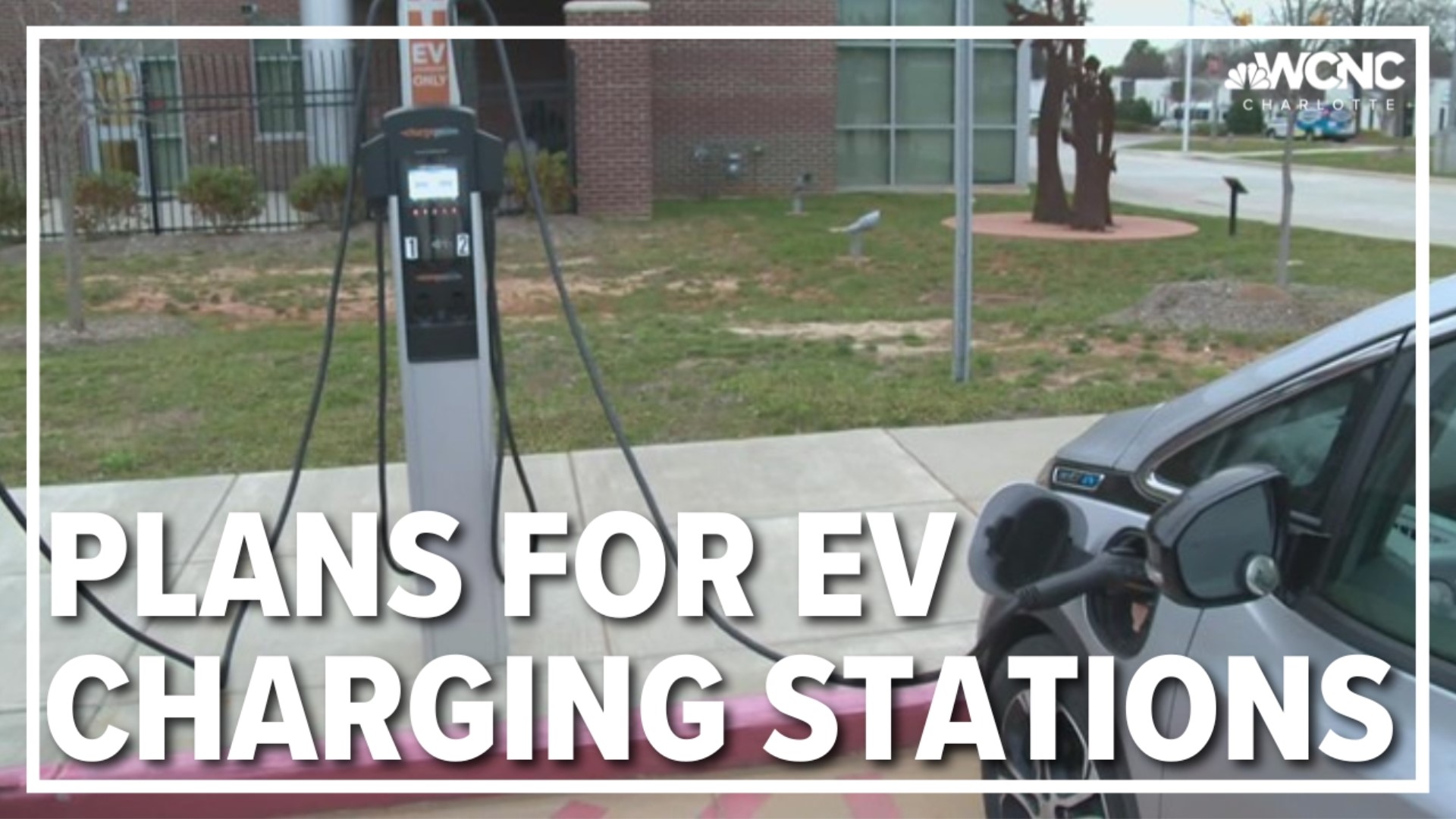COLUMBIA, S.C. — South Carolina Gov. Henry McMaster signed an executive order, Thursday, formalizing the state's plans to create an electric vehicle (EV) infrastructure along the state's highways.
This comes after the Biden-Harris Administration approved the state's EV Infrastructure Deployment Plan ahead of schedule under the National Electric Vehicle Infrastructure (NEVI) formula program on Sept. 27.
McMaster's order will create an interagency group consisting of the South Carolina Department of Transportation (SCDOT), Office of Regulatory Staff (ORS), Department of Commerce, Department of Employment and Workforce (SCDEW), Department of Motor Vehicles (SCDMV), Department of Health and Environmental Control (DHEC), and the State Fiscal Accountability Authority.
The Department of Commerce would create within it a "one-stop shop" for all things related to the EV industry in South Carolina and will be the primary point of contact for issues including economic investment, workforce development, emerging technologies, and infrastructure.
Under SC NEVI, the state will grow its charging network of approximately 918 public charging ports with high-powered chargers along the almost 759 miles of designated EV corridors within the state. Funding will come from $25.3 million allocated from the Bipartisan Infrastructure Law for the fiscal years 2022 and 2023. Over the course of the federal five-year plan (2022-2026), South Carolina would receive an estimated $69,998,769 in federal funds.
According to SC NEVI, the goals are:
- For every charging station to provide a minimum of four – 150kW Direct Current Fast Chargers (DCFCs) per site that can simultaneously charge four EVs with 150kW available per EV
- To ensure EV charging infrastructure sites are located at a maximum spacing of 50 miles along the interstate system and a maximum of one travel mile from the interstate
- To ensure the sites comply with the pending NEVI Formula Program standards and requirements
South Carolina is currently home to over 500 automotive companies and 72,000 autoworkers. The industry has a $27 billion economic impact on the state.

